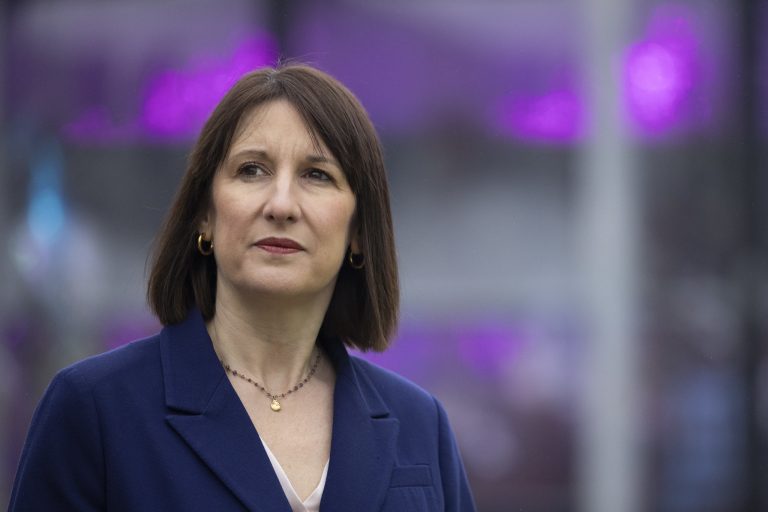Giving his first Budget speech, Chancellor Rishi Sunak announced a year-long suspension of business rates for firms in England in the retail, leisure and hospitality sectors with a rateable value below £51,000.
He also announced a review of England’s business rates system later in 2020.
To tackle the coronavirus outbreak, the government will set up a £5bn emergency response fund to help the NHS and other public services. Statutory sick pay will be paid to all those who self-isolate, even if they don’t have symptoms, and businesses with fewer than 250 staff will be refunded for sick pay payments for two weeks. Furthermore, small firms will have access to ‘business interruption’ loans of up to £1.2m.
The National Insurance Contributions tax threshold will rise from £8,632 to £9,500. This move will save employees just over £100 annually.
Duties on spirits, beer, cider and wine will be frozen, as will fuel duty. Duty rates on all tobacco products will increase by RPI + 2% until the end of this Parliament. The rate on hand-rolling tobacco will increase by RPI + 6% this year. These changes take effect from 6pm on 11 March 2020.
The Chancellor also announced a plastic packaging tax. When this comes into force in April 2022, manufacturers and importers will be charged £200 per tonne for products containing less than 30% recyclable material.
The 5% VAT on women’s sanitary products – the so-called tampon tax – will be abolished.
Runak pledged an extra £640m in funding for Scotland and, “to put regional prosperity at heart of spending decisions,” the Treasury’s Green Book rules will be reviewed. The Treasury will also open new offices in Scotland and Wales.
The Chancellor predicted the economy to grow by 1.1% this year. This would be the slowest rate since 2009 and the figure doesn’t account for any effects of the coronavirus.
Inflation of 1.4% was forecast for this year, rising to 1.8% in 2021-22.
The rates relief for England offers no comfort to Scotland’s retailers, who are facing the highest headline poundage rate in 21 years. They are now waiting to see what response the Chancellor’s announcement prompts from Holyrood. Scottish Retail Consortium Director David Lonsdale said: “We hope to see a swift announcement from the Scottish Government on how they will allocate a portion of the very significant Barnett Consequential revenues to support businesses facing a very difficult few months. Scottish Ministers have taken a number of steps to limit business rate rises in Scotland – today’s Budget provides an opportunity to go even further.”
The Federation of Independent Retailers (NFRN) welcomed the rates holiday. National President Stuart Reddish said: “In these difficult times, for many independent retailers, this change may make the difference between shutting up shop and surviving.”








